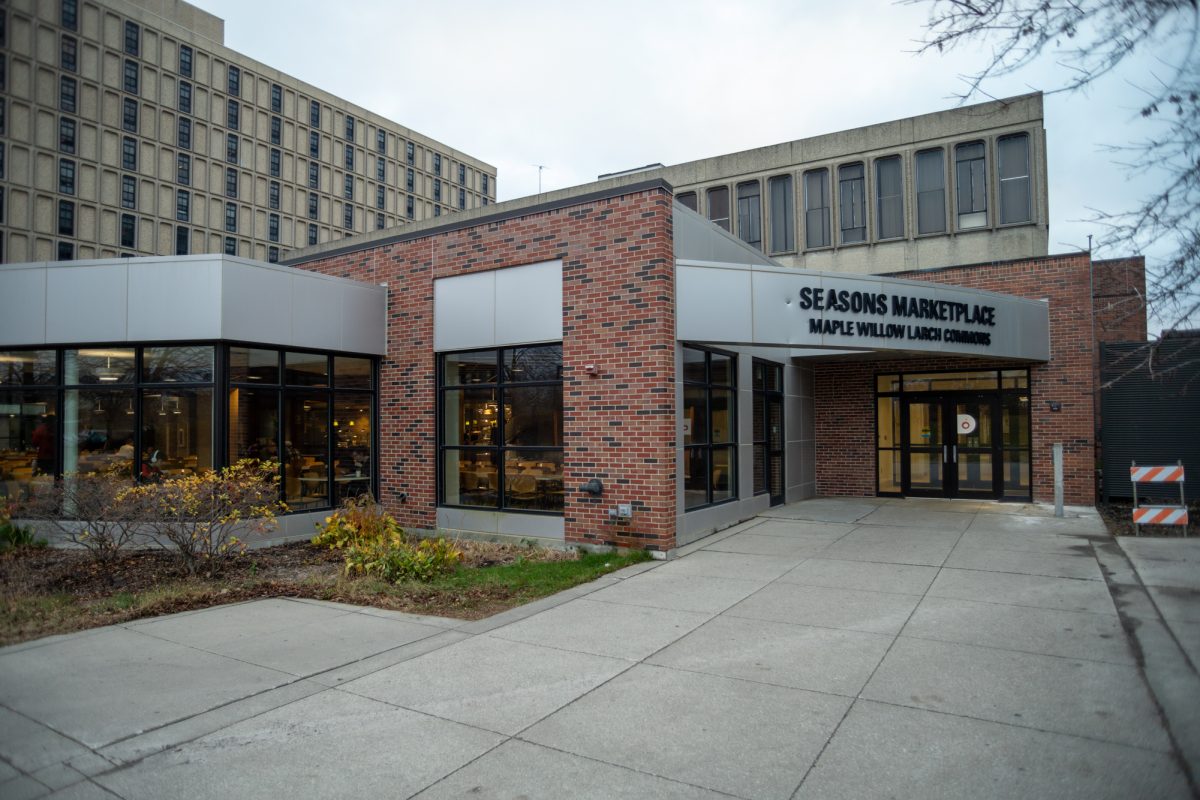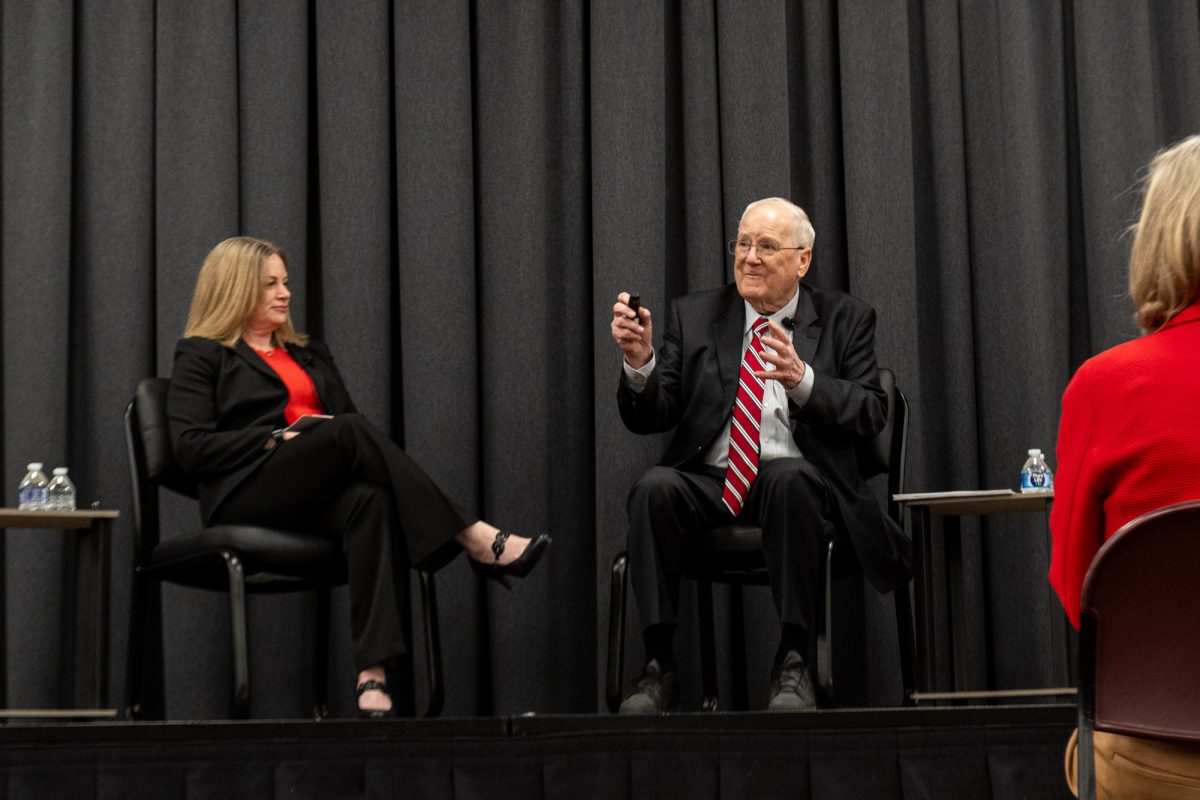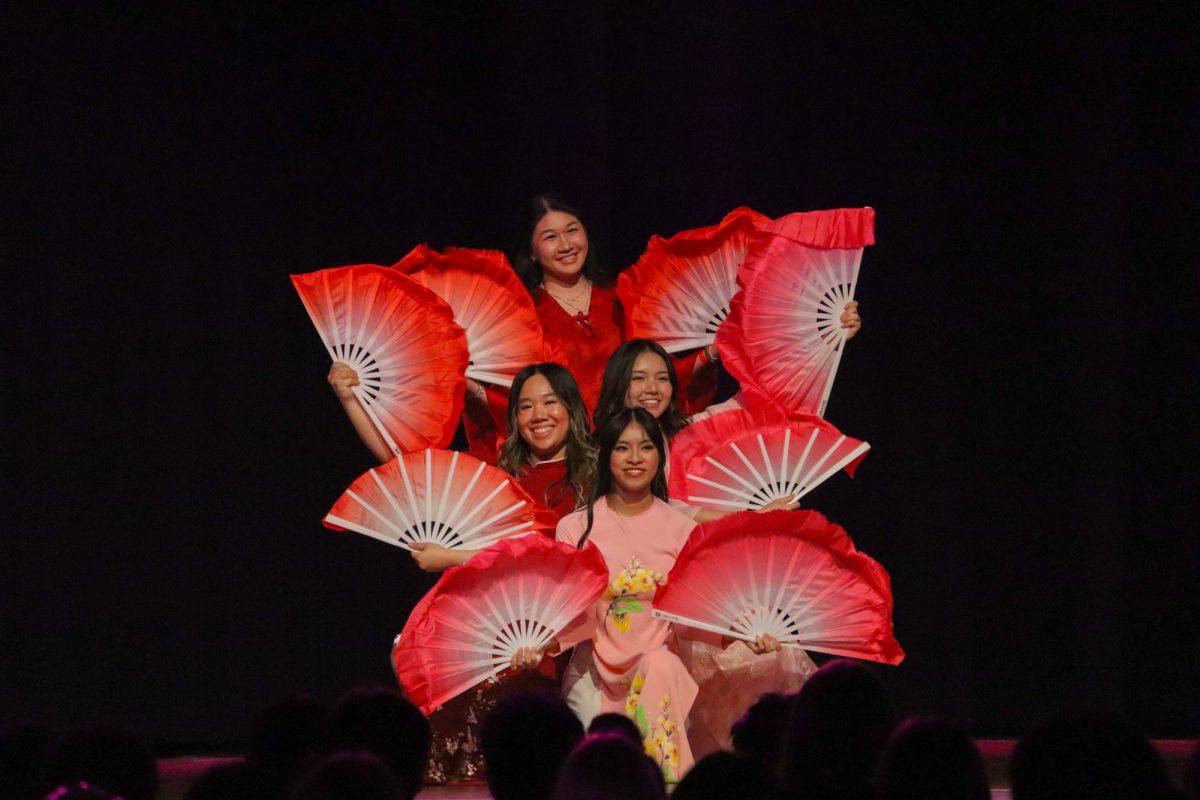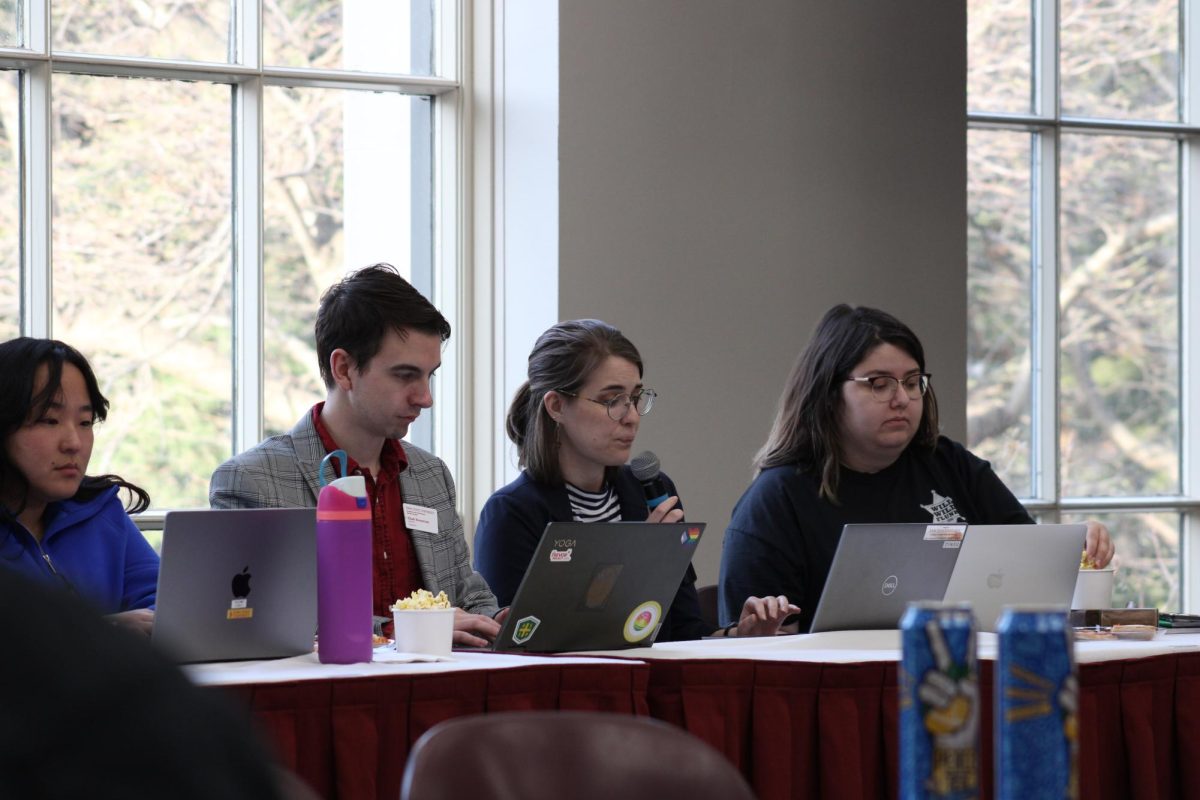- App Content
- App Content / News
- News
- News / Academics
- News / Politics And Administration
- News / Politics And Administration / Campus
Board of Regents approve 2018-19 tuition increase
Beardshear Hall from Central Campus on Sept. 19.
June 7, 2018
President Wendy Wintersteen sent out an email Thursday informing students that the Board of Regents approved Iowa State’s tuition rates for the 2018-2019 academic year.
The changes include a 3.8 percent increase in base tuition for resident undergraduates ($284/year), a 4 percent increase in base tuition for resident graduates ($358/year) and a 4 percent increase for both nonresident undergraduates ($852/year) and nonresident graduates ($908/year).
The Board of Regents also approved expanding differential tuition to specific programs due to their equipment, lab or increased educational costs as well. Those programs may “involve laboratory-based or studio-based instruction and computer simulation-based learning.
“Assessing tuition in this manner continues Iowa State’s decade-long practice (as at other universities) of aligning costs where they are incurred, rather than spreading those costs over the entire student population,” according to the Board’s Approval of 2018-2019 Tuition and Fees.
Students can visit the Office of the Registrar website for additional tuition and fees information for the coming fall.
The tuition proposal will also expand differential tuition, which already affects the colleges of Business and Engineering and majors like architecture, agricultural systems technology, industrial technology, animal science, biology, computer science, industrial design and natural resource ecology management, according to the tuition proposal.
As stated in the Regent’s proposal, Rate A “includes a differential ($1600 when fully phased-in) for resident, non-resident and international students majoring in experiential learning-intensive science, technology and mathematics programs in the Colleges of Agriculture and Life Sciences, Liberal Arts and Sciences and Human Sciences; and within the College of Design, excluding the Art and Design BA in Visual Culture.”
All studio-based majors of the College of Design will assess differential tuition fees when entering the program. The college’s first year core design undergraduate students will not assess the differential tuition fees.
In addition, thirty undergraduate majors will assess differential tuition for direct from high school and transfer students after they accumulate 60 credits at Iowa State. The affected majors include:
-
Agricultural Biochemistry
-
Agricultural Business
-
Agronomy
-
Apparel, Merchandising, and Design
-
Athletic Training
-
Biochemistry
-
Chemistry
-
Culinary Food Science
-
Data Science
-
Diet and Exercise
-
Dietetics
-
Earth Science
-
Economics
-
Environmental Science
-
Event Management
-
Food Science
-
Geology
-
Nursing
-
Global Resource Systems
-
Horticulture
-
Nutritional Science
-
Physics
-
Psychology
-
Statistics
-
Bioinformatics and Computational Biology
-
Biophysics
-
Hospitality Management
-
Kinesiology and Health
-
Mathematics
-
Meteorology
In addition, “the plan includes a two-year phase-in for animal science, biology, computer science, industrial design, natural resources ecology and management, biological/pre-medical illustration, genetics and microbiology discipline.” These majors already have a differential tuition rate.
In the College of Design, the architecture program, which has an existing differential rate, will have a one-year phase-in, and other programs will have a three-year phase-in. After full implementation, the differential rates among the College of Agriculture and Life Sciences, College of Design, College of Human Sciences and the College of Liberal Arts and Sciences will be unified, according to the Board’s proposal.
Rate B “includes a differential of $2,612 for resident students, and $3,026 for non-resident and international students when fully phased-in for students majoring in the Ivy College of Business; College of Engineering; and the agriculture systems technology and industrial technology programs within the College of Agriculture and Life Sciences,” according to the proposal.
The proposal also said that “differential tuition rates will be assessed for freshman and transfer students after 60 credits, and that said rates will also be uniform across the two programs within the College of Agriculture and Life Sciences.”
For international students, the university would implement a $542 increase for international students, who “identified as students with non-immigrant status, defined as non-citizen students, as well as non-permanent residents.” The increase is part of a three-year plan to implement a tuition supplement for international students and would apply to both new and current international students.
After addressing tuition in the email, Wintersteen said that “we are increasing the amount of university resources directed for student financial aid.” She also encouraged students to visit the Office of Student Financial Aid scholarship website for information on scholarships and application deadlines, as more than $16.5 million was awarded last year in privately-funded scholarships.






